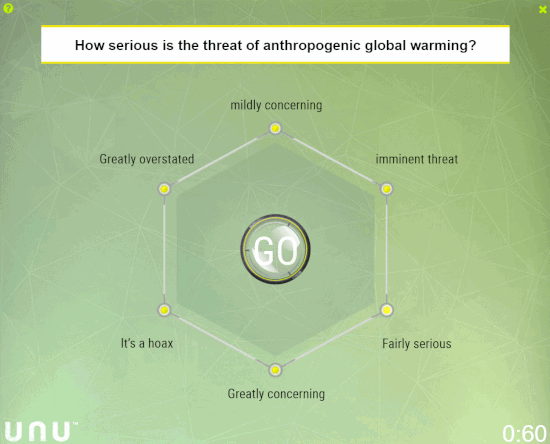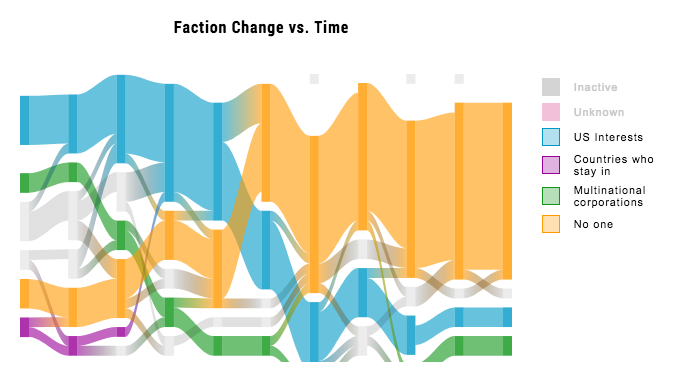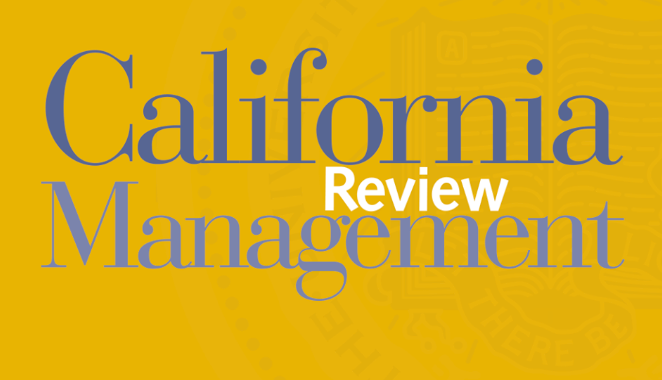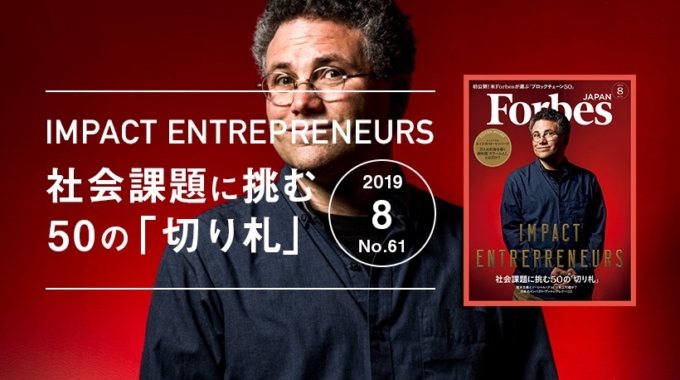AI GUIDANCE ON TRUMP’S PARIS DECISION REVEALS DIFFERENCE BETWEEN SWARMS AND POLLS
President Trump’s announcement that the United States intends to vacate the Paris climate accord was met with thunderous applause from his supporters in the White House Rose Garden, and dismay from his detractors. Characterizing the Paris accord as “draconian,” Trump justified his America-first stance, noting “I was elected to represent the citizens of Pittsburgh, not Paris.”
With that in mind, researchers at Unanimous AI formed a swarm of American voters to gauge whether Trump’s bold decision to overturn the agreement signed by Barack Obama in 2015 fairly represented their interests. The insights you see below were generated by our Swarm AI platform, UNU, which combines the wisdom, experience and intuition of groups in real-time to generate what we call Swarm Insight.
Any insight into climate change and the Paris accord must begin with a baseline understanding of the group’s perception of the issue. Vice President Mike Pence recently dismissed climate change as only “a paramount issue for the left,” while German Chancellor Angela Merkel had to “restrain” herself to describe Trump’s decision merely as “extremely regrettable.” So, do American voters see climate change as a partisan issue, or one of global importance?

In this moment of heightened political conflict, it is tempting to see every issue as a battle between the left and the right. While our swarm revealed a belief that climate change is a “fairly serious” problem, our research also shows a belief that the President’s decision to abandon the Paris accord was motivated more by “domestic politics” than by a desire to protect American interests.
More important than the outrage of the day is the long-lasting impact of Trump’s decision on both America, and the world-at-large. So, our researchers asked the swarm to forecast which group would benefit most from America leaving the Paris accord.

SWARMS VERSUS POLLS
This replay highlights the disparity between a simple poll and Swarm Insight. Simple surveys like this Yale poll showing that a majority of people in every state supported participating in the Paris agreement in 2015 can be interesting, but polling can hide deep insight that swarming reveals. If you’d simply taken a poll on the question above, the data would have lead you to believe that “US Interests” would be the most accurate reflection of the group’s opinion. But, our Swarm AI process demands that our participants optimize their answers, and in this case, reveal the swarm’s perception “No One” stands to benefit from Trump’s decision. As you can see, support for the “US Interests response” was strong at first, but disintegrated over the course of the negotiation, while the “No One” faction built an overwhelming majority.

On the other hand, a follow-up question posed by our researchers asked the swarm to consider the negative impact of Trump’s decision. Given these options – Environment, Trump’s Reputation, US Reputation, US Economy – who would be most harmed by the US leaving the Paris accord? This question was answered with much less negotiation than the previous example, as the swarm quickly offered the “Environment” as the most likely victim of Trump’s decision.
That left our researchers with one final question. Leaving the Paris accord is a nearly four year process, which would not officially take place until November 4, 2020, the day after the next US president takes office. That means that Trump would have to win in 2020 to carry out his plan, or his successor would have the ability to ratify or reverse it. With that in mind, our researchers asked to consider the long term impact of Trump’s plan for both the environment and nation simultaneously.

Every week Unanimous A. I. brings together swarms of regular people just like you to help us predict sporting events, investment opportunities, and technology as well as provide insight into everything from pop culture to politics. If you’d like information on joining a swarm – or just want to stay up to date on the latest predictions – fill out the form below.

